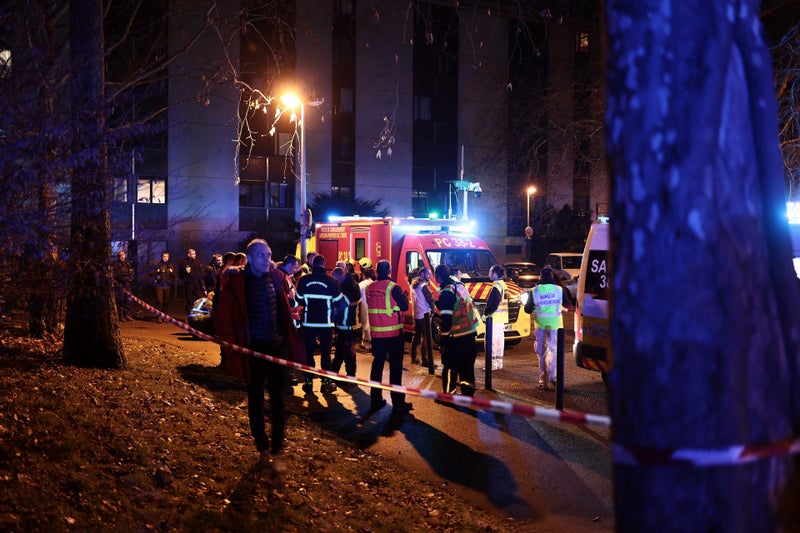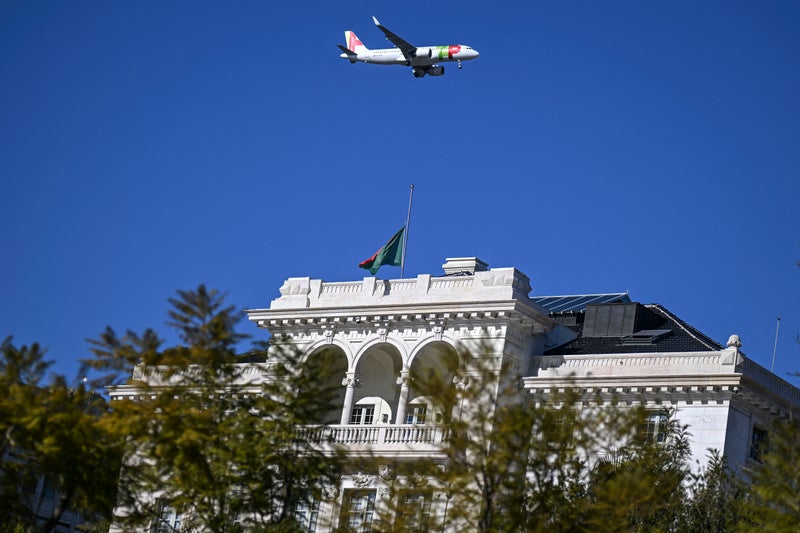Officials say six people were seriously wounded in the blast, which they do not believe is terror-related. Twelve people were wounded, at least two critically, when a grenade was thrown into a packed bar in the city of Grenoble in south-eastern France. An attacker carrying an automatic rifle reportedly entered the bar on Wednesday evening and threw the grenade before fleeing without saying a word. The local public prosecutor François Touret de Courcy described the attack as “an act of extreme violence”. He said investigators had not yet identified a motive, but did not believe it was a terrorist attack.
He said police were looking at whether it was a settling of scores between local gangs. Grenoble and its suburbs have been the scene of a number of incidents linked to drug and cigarette trafficking. Magistrate Christophe Barret said the attacker appeared to have been carrying a Kalashnikov-type assault rifle but did not use it. The incident took place at 8.15pm (19:15 GMT) on Wednesday in the Olympic Village neighbourhood, built when the city hosted the 1968 Winter Olympics, Touret-de-Courcy said.
The blast blew out all the windows of the bar, which is run by a local association. Six people were reported to have been seriously wounded including two critically. Three of the victims are reported to have needed emergency surgery. The prefect of Isère department, Catherine Séguin, described it as a “cowardly criminal act”. The mayor of Grenoble, Éric Piolle, wrote on X: “I condemn in the strongest possible terms this criminal act of extraordinary violence.” He also thanked the emergency services for their work.
France’s health minister, Yannick Neuder, visited the victims in hospital on Thursday and “strongly” condemned the attack. “The state will stand up to this unacceptable violence,” he told reporters. Sign up to This is Europe. The most pressing stories and debates for Europeans – from identity to economics to the environment. after newsletter promotion. The coordinator of Grenoble hospital’s emergency plan, Pierre Bouzat, told Le Dauphiné Libéré newspaper: “The injuries are those normally seen in a war zone”.






















